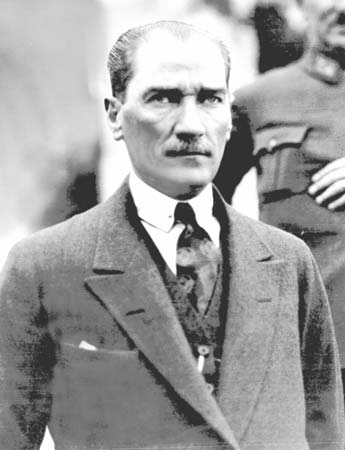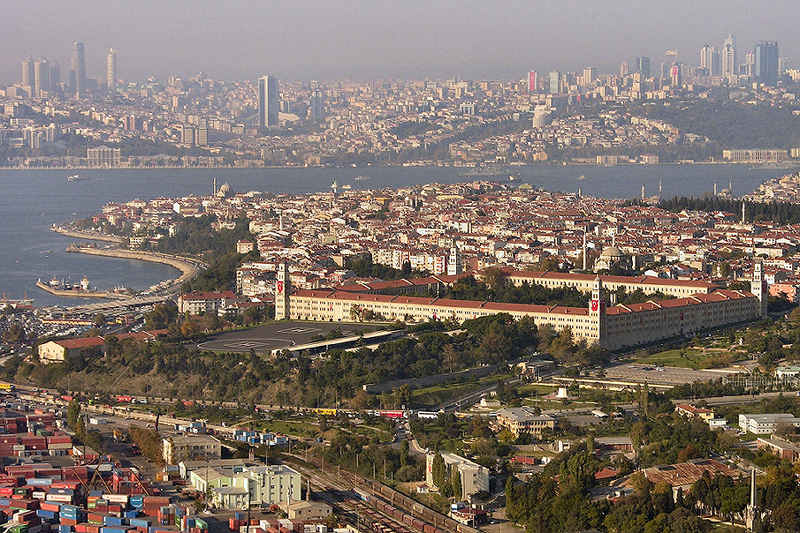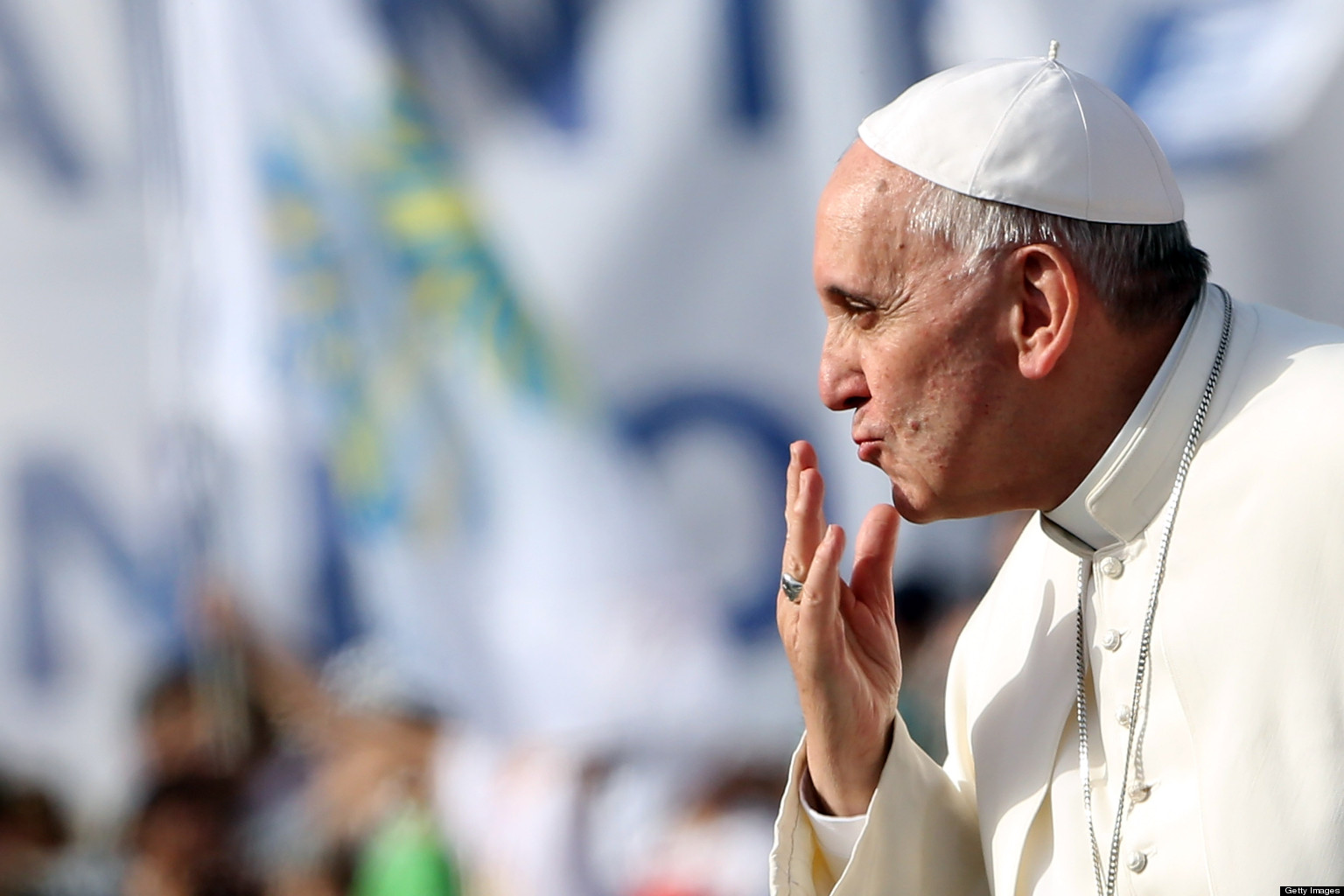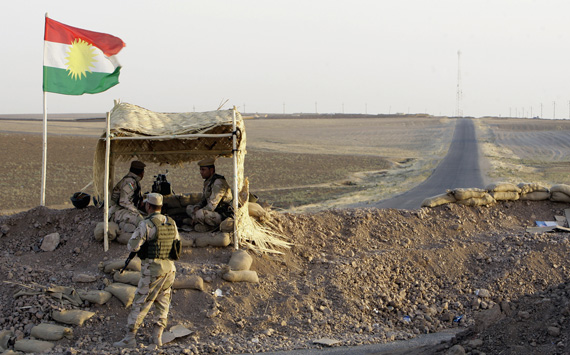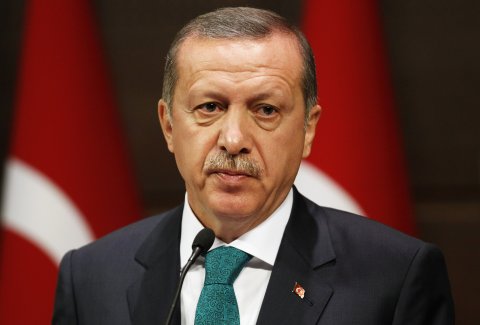
In recent months, the government of Turkey has been criticized both at home and abroad for its increasingly authoritarian policies. Public outcry over a recent mining disaster in Soma has further fuelled the fire of discontent. Prime Minister Erdogan has taken a hardline stance against the protestors, and though protests that started as a result of the government’s ban on Twitter and YouTube have fizzled out, public anger towards the government endures. The government has refused to give ground— the social media ban was lifted only as a result of a constitutional court ruling stating that the government’s restrictions were illegal. The ruling represents a strong challenge to the regime from a traditionally weak judiciary, and similarly symbolizes a significant development in the court’s relationship with the government. What is most significant about the crisis, however, is not the conflict between the country’s government and its judiciary but instead the complete absence of a historically key player: Turkey’s military.
The lack of action from the military is a break in a pattern that has played out in Turkey since its founding. Past interventions, as well as the continuing military involvement in the Turkish economy has clearly demonstrated that the military’s interests rely on a friendly domestic political environment. Furthermore, the military has always been a powerful force in the preservation of the secular elite in Turkey. Finally, they have traditionally maintained almost complete autonomy in those parts of the country most affected by the Kurdish insurgency.
Despite this, Turkey’s military has played little to no role in the most recent crisis. While protestors have taken to the streets to demonstrate against what they see as an oppressive government, soldiers have stayed in their barracks and there has been little chatter from the top brass concerning Prime Minister Erdogan’s recent maneuvering.
What has happened to Turkey’s once interventionist armed forces? In brief, their dramatic diminution of power has come from what is essentially a purge of their leadership at the hands of the civilian government. Beginning with treason charges brought by the Justice and Development (AK) government and culminating in mass resignations in 2011, it seems that the almost constant struggle between civilian governments and military leadership is drawing to a close. Turkey’s history has revolved around this struggle, and its conclusion will have significant effects on the country’s future.
The Republic of Turkey was founded in 1923 by Mustafa Kemal, popularly known as Ataturk (‘Father of the Turks’) and his followers, a mixture of Turkish nationalist groups and military officers. Following the collapse of the Ottoman Empire, Kemal fought a brief campaign against the victorious Allies of the First World War, an effort he won. After the defeat of Allied forces, the Treaty of Lausanne, which allowed for a new Turkish state in Anatolia, replaced the Treaty of Sevres, which had partitioned the former Ottoman state amongst France, Britain and Greece.
Kemal governed as the country’s first president and took radical steps to remove old Ottoman constructs and replace them with the foundations of a secular republic. As president, Kemal encouraged the ideology of Kemalism— the belief in a secular, democratic and Westernized Turkey—that has been consistently defended by the military since Kemal’s death in 1938. Despite the introduction of democratic reforms under Kemal, Turkey remained a single-party state until the end of the Second World War. Since then, the country has experimented with political plurality and civilian-led government, a process that has been plagued by intervention from the Kemalist core, the military.
The armed forces have intervened regularly in civilian politics. On four separate occasions, generals have removed civilian governments from power: in 1960, 1971, 1980 and 1997. In two of these coups, in 1971 and 1997, no actual force was required for the military to oust the civilian government, a demonstration of their influence in the political sphere. Yet after each coup the military maintained power for a relatively short period. In all cases, no more than a few years were spent under military administration, indicative of the preference in the Turkish general staff for indirect control.
The election of Mr. Erdogan’s AK government in 2002, however, ushered in a new era in the civilian-military relationship. Successive electoral victories in the 2004 and the 2007 strengthened AK support and influence. The result of the civilian consolidation of power was a struggle between the AK party and the Kemalist generals, wherein the civilians tried to push the armed forces “out of politics and in[to] their barracks”. Eventually, it became clear that the military no longer commanded enough support amongst the populace to retain its dominant political position. The aforementioned prosecutions and waves of resignations essentially decapitated the military leadership, finally eliminating the persisting threat to Turkish civilian rule.
Whether this change of circumstances is a positive sign for Turkish democratization is still an open question and one that demands a ranking of values. On one hand, the elimination of the military’s ability to interfere with the affairs of a democratically elected, civilian government is certainly a positive sign. On the other hand, the military has been responsible for securing the secularist legacy of Kemal and reigning in the Islamist tendencies of the civilian electorate. Without a strong defender of secularism, Turkey risks slipping from its place as the ‘model’ Middle-Eastern democracy. For those eager to promote greater democracy in Turkey, therefore, the result of the military’s “defanging” is ambiguous. Depending on which value is prioritized —civilian rule versus secularism— a weakening of the military may be either a victory or defeat.
Finally, the retreat of the military from the political sphere has allowed for conflict to develop between the civilian government, the judiciary and the media. With the Kemalist elite no longer flexing its muscles through the military, it falls to the courts and the media to exercise pressure against the AK government. Yet if the Turkish military, one of the country’s most trusted and revered institutions, lacked the popular support to resist Mr. Erdogan, then there is no guarantee that the press or judiciary can restrain the government. In the end, that duty falls to the Turkish people.


